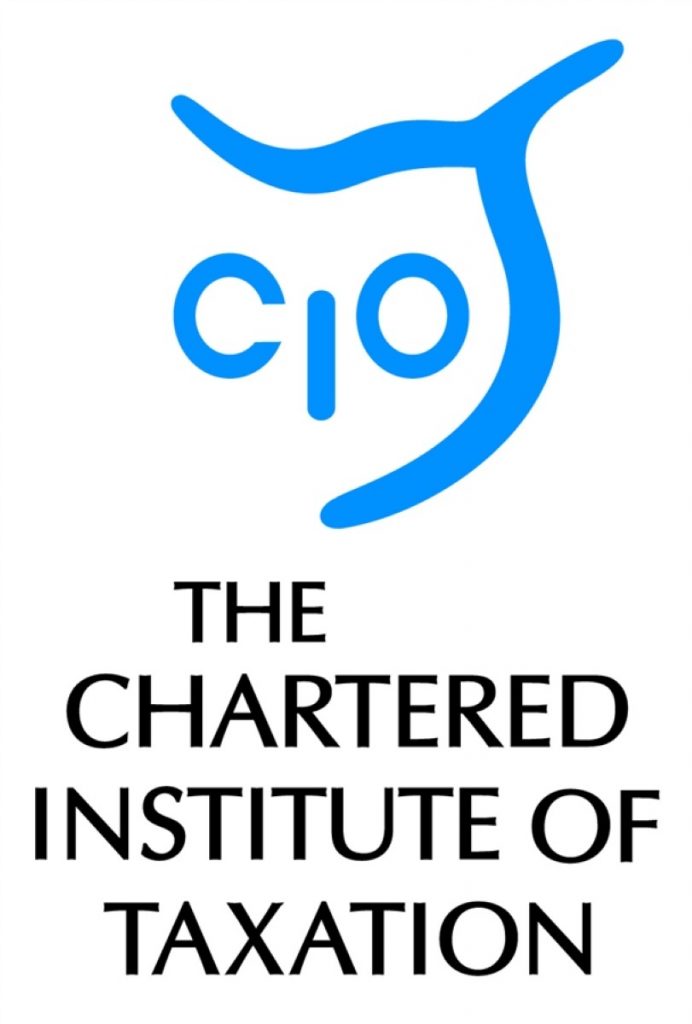Stamp Duty changes could herald LBTT rethink, says Scottish tax body
During today’s budget, Chancellor George Osborne announced a series of measures affecting Stamp Duty Land tax (SDLT), both on commercial properties and residential properties. The Chartered Institute of Taxation (CIOT) is cautioning that this may encourage Scotland’s Finance Minister, John Swinney, to consider changes to the Scottish equivalent, the Land & Buildings Transaction Tax (LBTT) in respect of commercial property and the new LBTT additional dwellings supplement.
The commercial property measures, effective from midnight include: a 0% rate on purchases up to £150,000, 2% on the next £100,000 and a 5% top rate above £250,000. There will also be a new 2% rate for high-value leases with net present value above £5m.
From 1 April 2016 there will be higher rates of SDLT payable on purchases of residential properties, similar to the LBTT additional dwellings supplement, which also takes effect from the start of April 2016.
Chair of the CIOT’s Scottish Technical Committee, Moira Kelly, said:
“The changes announced today to the SDLT may encourage the Finance Minister, John Swinney, to consider changes to the LBTT here in Scotland. We wait with interest to see what exactly these changes will be.
“Insofar as additional residential properties are concerned, a higher rate of 3% above the current SDLT rate was proposed on additional properties in England, Wales and Northern Ireland in the Autumn Statement. We are pleased that the Government has decided to extend from 18 to 36 months, the period of time they have to claim a refund from the higher rates or before the higher rates will apply, in the event that there is a period of overlap in ownership of a main residence. The receipts will then be used to fund community-led housing developments. We call on the Scottish Government to consider making a similar relaxation in respect of the LBTT additional dwellings supplement.
“In addition, now that the UK Chancellor has decided to extend the additional tax to large scale investors, it remains to be seen whether in time the same extension will be made in Scotland.”
Note to editors
1. The Chartered Institute of Taxation (CIOT)
The CIOT is the leading professional body in the United Kingdom concerned solely with taxation. The CIOT is an educational charity, promoting education and study of the administration and practice of taxation. One of our key aims is to work for a better, more efficient, tax system for all affected by it – taxpayers, their advisers and the authorities. The CIOT’s work covers all aspects of taxation, including direct and indirect taxes and duties. Through our Low Incomes Tax Reform Group (LITRG), the CIOT has a particular focus on improving the tax system, including tax credits and benefits, for the unrepresented taxpayer.
The CIOT draws on our members’ experience in private practice, commerce and industry, government and academia to improve tax administration and propose and explain how tax policy objectives can most effectively be achieved. We also link to, and draw on, similar leading professional tax bodies in other countries. The CIOT’s comments and recommendations on tax issues are made in line with our charitable objectives: we are politically neutral in our work.
The CIOT’s 17,500 members have the practising title of ‘Chartered Tax Adviser’ and the designatory letters ‘CTA’, to represent the leading tax qualification.





-01.png)